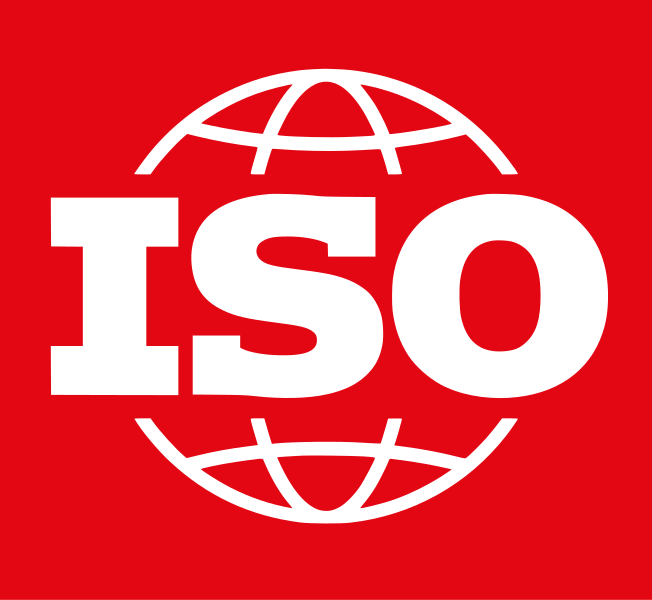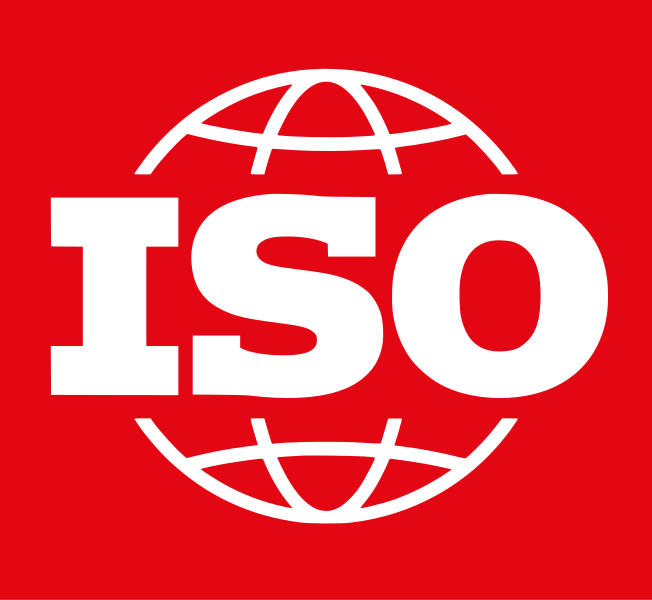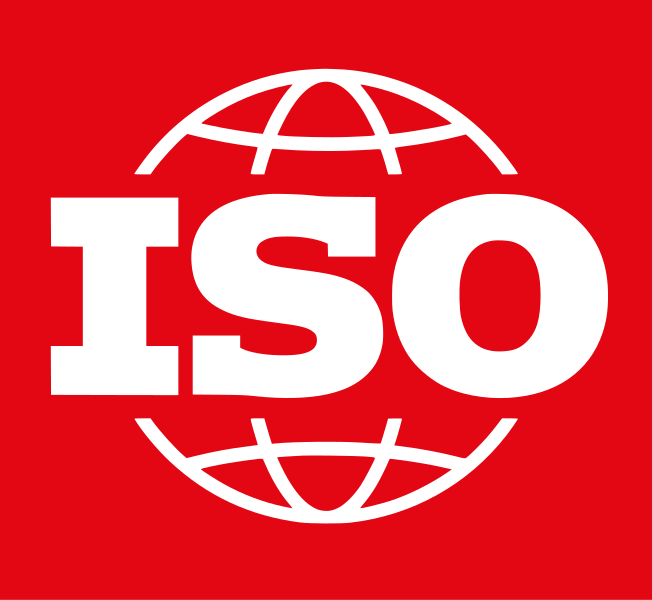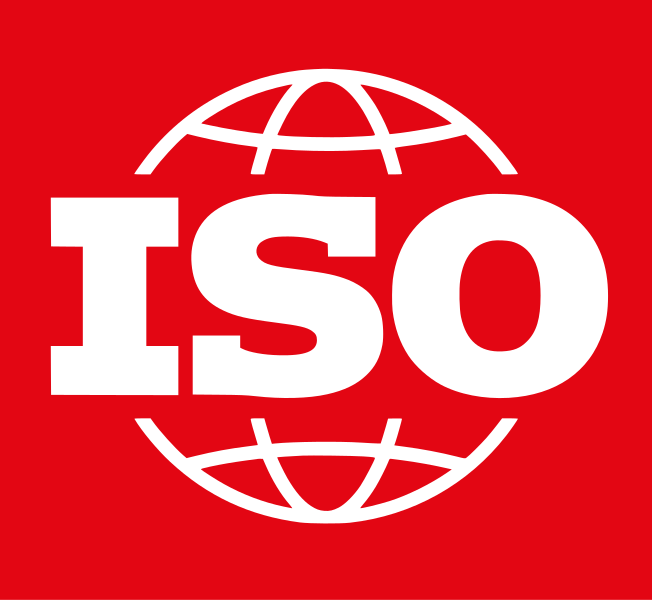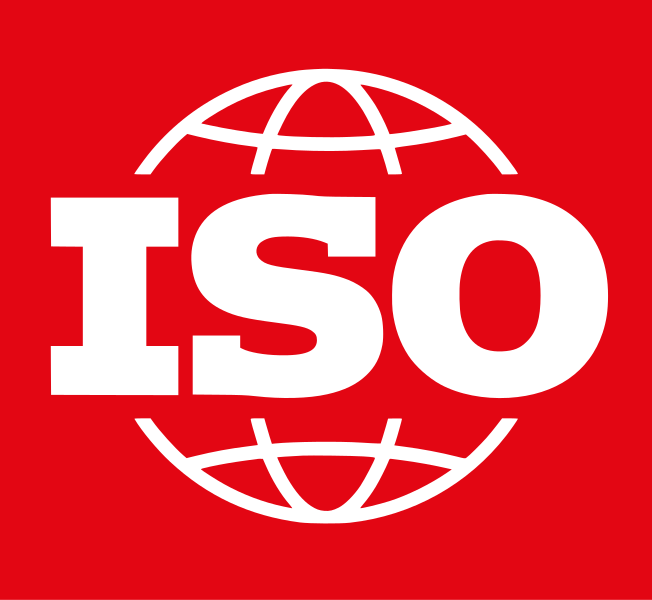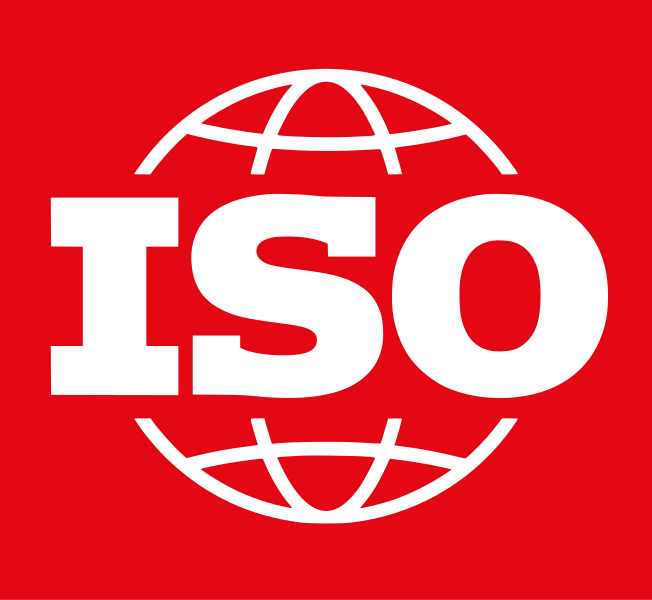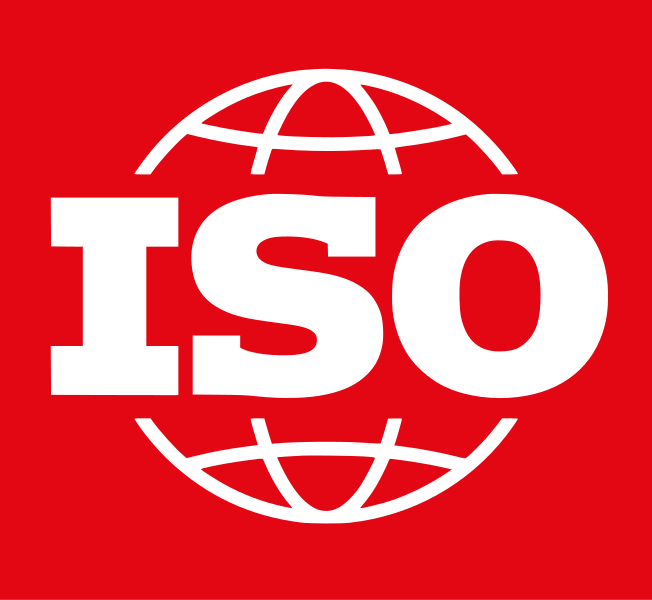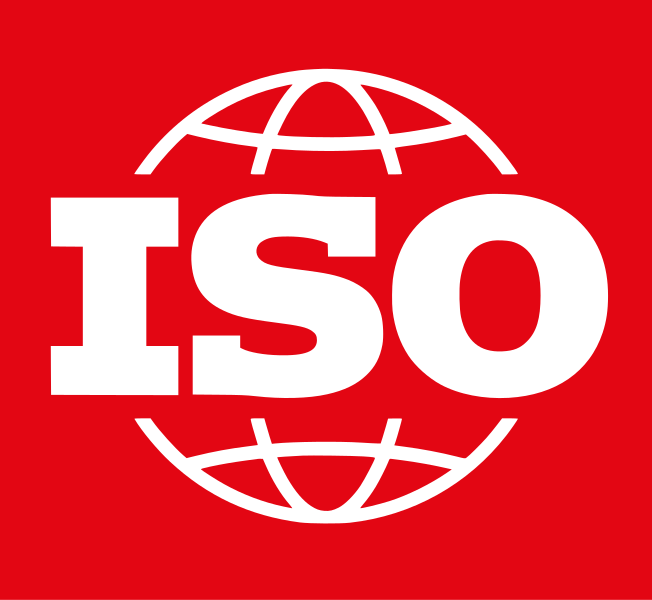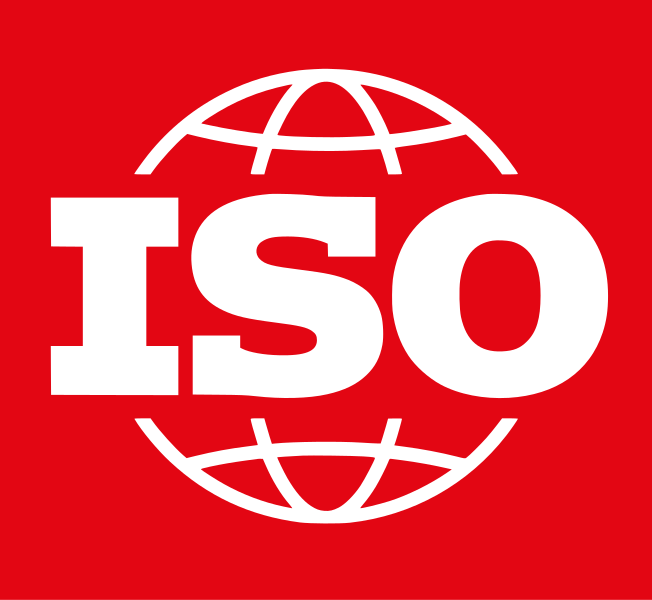OASIS Advanced Message Queuing Protocol (AMQP) TC
The OASIS AMQP TC advances a vendor-neutral and platform-agnostic protocol that offers organizations an easier, more secure approach to passing real-time data streams and business transactions. The goal of AMQP is to ensure information is safely and efficiently transported between applications, among organizations, across distributed cloud computing environments, and within mobile infrastructures. AMQP avoids proprietary technologies, offering the potential to lower the cost of enterprise middleware software integrations through open interoperability. By enabling a commoditized, multi-vendor ecosystem, AMQP seeks to create opportunities for transforming the way business is done in the Cloud and over the Internet.



